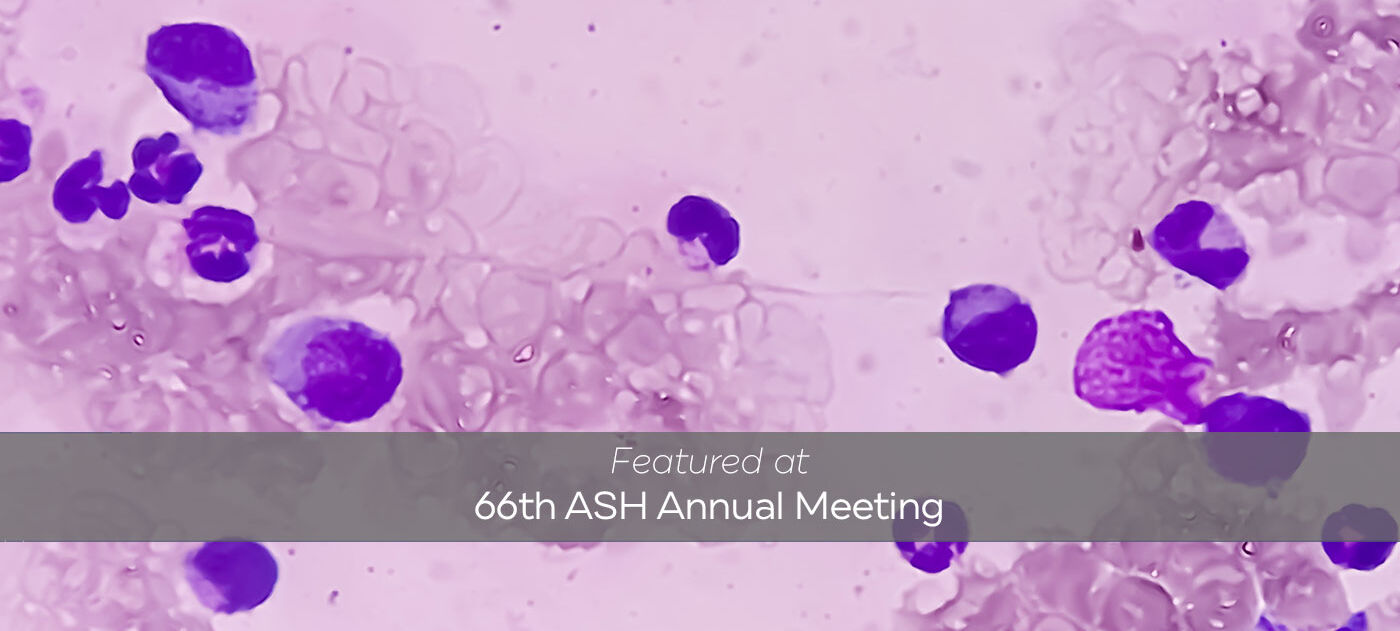Drug Aims To Improve Transplant Success for Myelofibrosis Patients
A stem cell transplant offers the only shot at a cure for patients with myelofibrosis, a rare type of bone marrow cancer that disrupts the body’s normal production of blood cells. However, some patients still relapse after transplant or suffer from graft-versus-host disease, a life-threatening complication where transplanted donor cells recognize the recipient’s tissues as foreign and attack them.
To prevent relapse, many patients are put on maintenance therapy after transplant to control disease until the transplanted cells can mature, grow and ultimately cure the cancer.
A phase 1 study investigated the use of a JAK inhibitor called fedratinib as maintenance therapy for patients with myelofibrosis or other types of myeloproliferative neoplasms, a group of rare blood cancers that cause bone marrow to produce too many red blood cells, white blood cells or platelets.
A JAK inhibitor is a type of medication that treats inflammation driven by malignant or inflammatory disorders by blocking the body’s production of cytokines, or proteins that cause inflammation. Fedratinib is approved for the treatment of myelofibrosis in the pretransplant setting, and its class of JAK inhibitors has also been used for the treatment of graft-versus-host disease.

Hany Elmariah, MD
“The goal here was to have patients get a transplant, and then after recovering for two to three months, start them on fedratinib for one year with the goal of, No. 1, preventing relapse, and No. 2, hopefully also preventing graft-versus-host disease,” said Hany Elmariah, MD, lead study investigator and a hematologist in the Blood and Marrow Transplant and Cellular Immunotherapy Department at Moffitt Cancer Center.
The trial, which was presented at the American Society of Hematology annual meeting, evaluated three different dosing levels of fedratinib in 12 patients. While it’s too early to determine how effective the drug is for preventing relapse and graft-versus-host disease, the results are promising and could lead to a phase 2 trial. When receiving the lowest dose of fedratinib, two patients relapsed and one patient suffered severe graft-versus-host disease, compared to zero relapses and no patients experiencing graft-versus-host disease when given the highest dose of the drug.
“At this point there really is no clear data outside of this study for a good maintenance strategy for myelofibrosis,” Elmariah said. “So, this study is unique as it establishes the feasibility of a maintenance paradigm for myelofibrosis and sets the bar for future studies evaluating other drugs for this application.”




